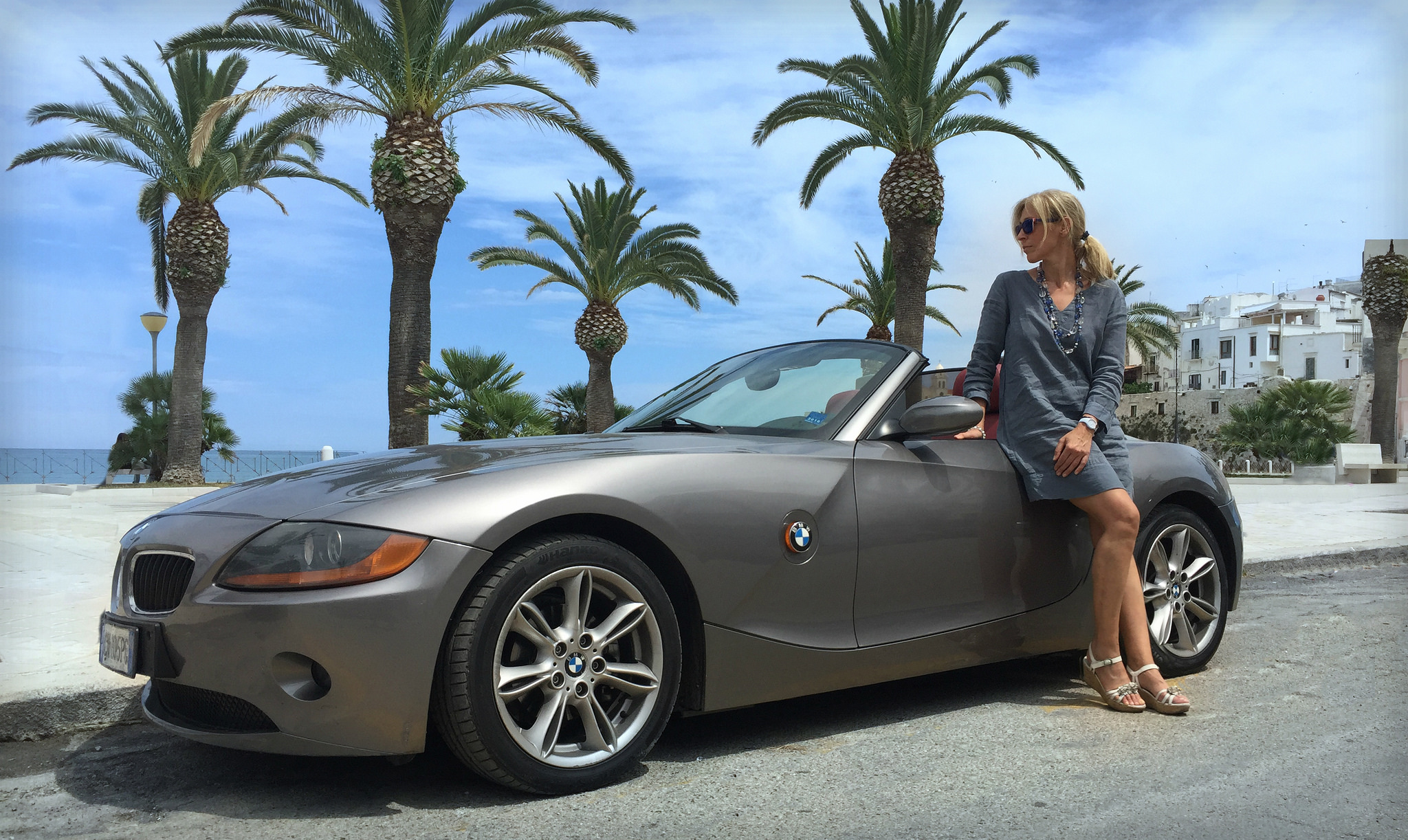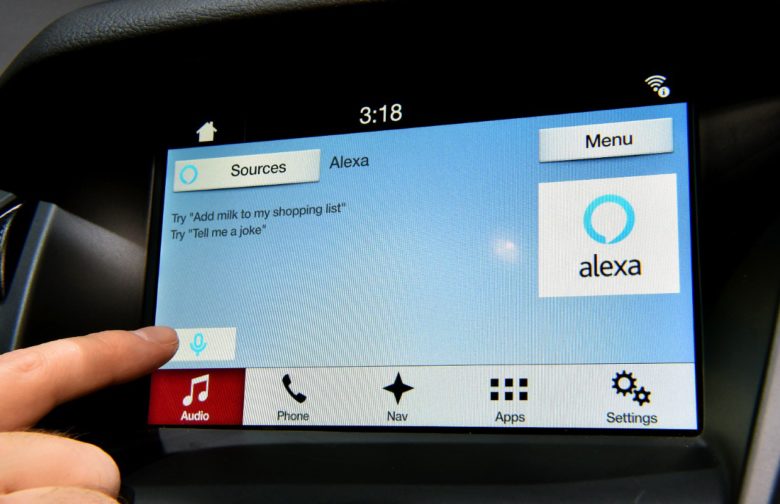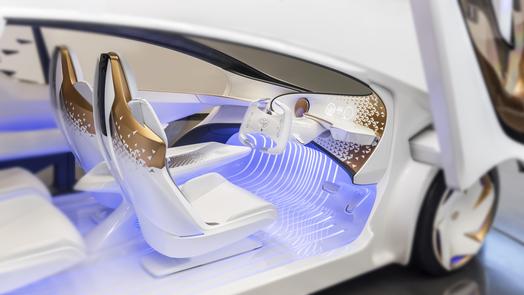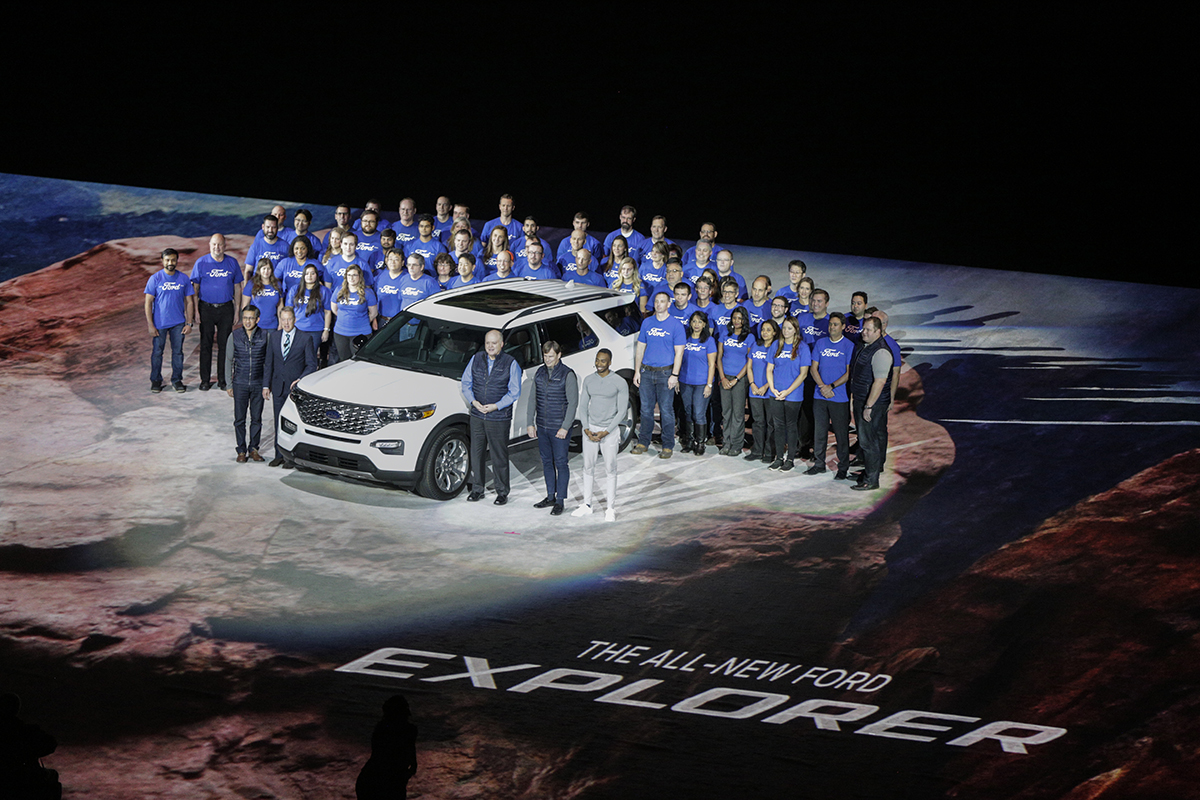In the future, cars will love you back.

How great would it be to have a personal assistant? Someone whose job it is to stay on top of your needs, and make sure nothing falls by the wayside.
Stuck in a traffic jam? Your appointments are rescheduled for you. Forget Mother’s Day? Don’t worry, the assistant sent flowers.
As a part time automotive journalist, part time wilderness adventurer, and full time bartender, paying someone to take care of me isn’t in my realistic budget right now.
But if Ford, Toyota and other manufacturers follow through on their promises, my car could be filling these needs in just a few years.
Right now for Ford it’s all about SYNC 3, which will be available on new cars starting this summer. SYNC 3 allows drivers to communicate with Amazon’s Alexa in 23 different languages. Because SYNC 3 is cloud based, more languages and dialects will become available as more people use the software.

By 2022, 90 percent of cars will offer voice recognition technology. Right now we’re in the baby stages. You can ask Siri or Alexa a straightforward factual question and get an answer, but you certainly can’t go deeper than topics that have a clear yes or no answer.
Ford is looking to grow this technology rapidly, and put it to use as an in-car assistant. SYNC 3 can already respond to a command such as “I’m hungry” by suggesting local restaurants, and developers are constantly working to make the way you interact more colloquial.
But voice recognition is only the beginning; gesture control is already available on the BMW 5 and 7 Series cars. You can answer calls with a point at the touch screen and adjust the volume by twirling your fingers. Eye controls are the next step. Some day, you’ll be able to set your navigation by glancing at your destination. That’s all part of the future.
Beyond obeying your commands, though, eventually the goal for every manufacturer is to develop a car that knows what you need before you even nod your head. As face and voice recognition gets better, Ford and others expect your car to be able to sense your mood, and give you suggestions to cheer up. This could range from ordering takeaway food when you’re stuck in traffic to changing your music to get you out of a funk.
At CES this year, Toyota unveiled their Concept-i vehicle with an AI agent named Yui. In addition to responding to voice commands, Yui monitors the emotions of the driver through a series of sensors and can engage in conversation based on how the driver feels. By linking the emotions and location information, Yui can suggest food, activities, or just tell you to take a breath and relax. As Toyota Senior Vice President, Bob Carter said, “The idea is to “look beyond simple driver-vehicle interface, and focus on the driver-vehicle relationship.”

“We’re well on the road to developing the empathetic car which might tell you a joke to cheer you up, offer advice when you need it, remind you of birthdays and keep you alert on a long drive,” said Fatima Vital, senior director, Marketing Automotive, Nuance Communications.
The elephant in the room here? Spending this much time talking to your car, and having it take care of you so personally, don’t you run the risk of getting more attached to your vehicle than we’d like to be? Ford didn’t shy away from this concept, even mentioning the movie “Her” in the press release. In fact, they sort of expect that this advancement might change our relationships with our tech.
“Lots of people already love their cars, but with new in-car systems that learn and adapt, we can expect some seriously strong relationships to form,” said Dominic Watt, senior lecturer, Department of Language and Linguistic Science, University of York in the release sent by Ford. “The car will soon be our assistant, travel companion and sympathetic ear, and you’ll be able to discuss everything and ask anything, to the point many of us might forget we’re even talking to a machine.”
It’s an interesting proposition, a car with emotional intelligence. It’s a relationship with limits, though. I love my car, but as Pee-wee Herman would say, “I wouldn’t want to marry it.”



